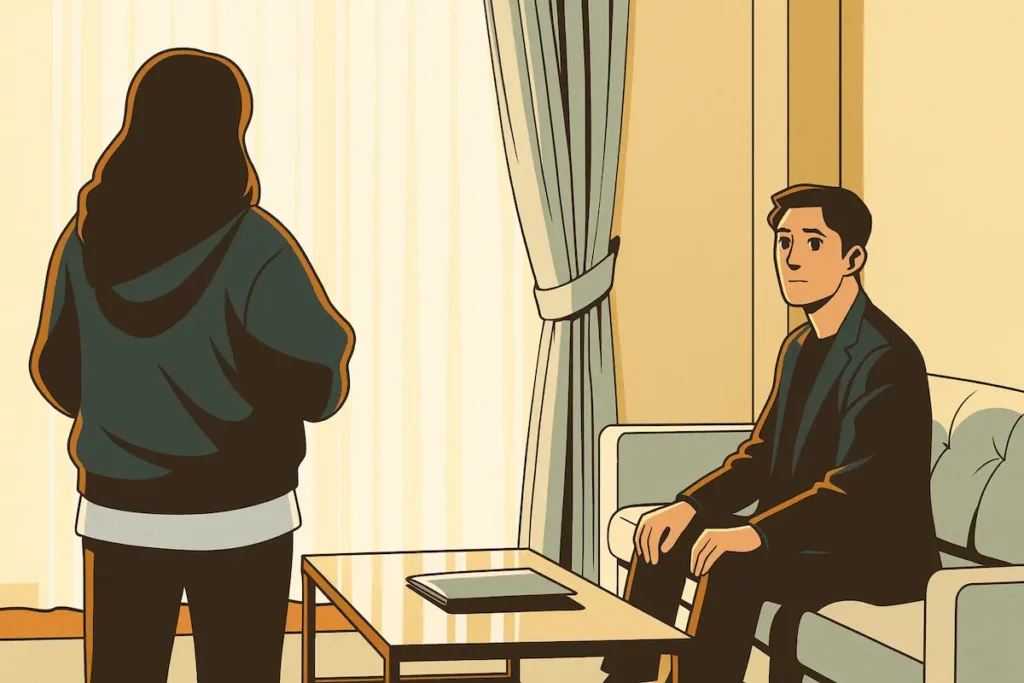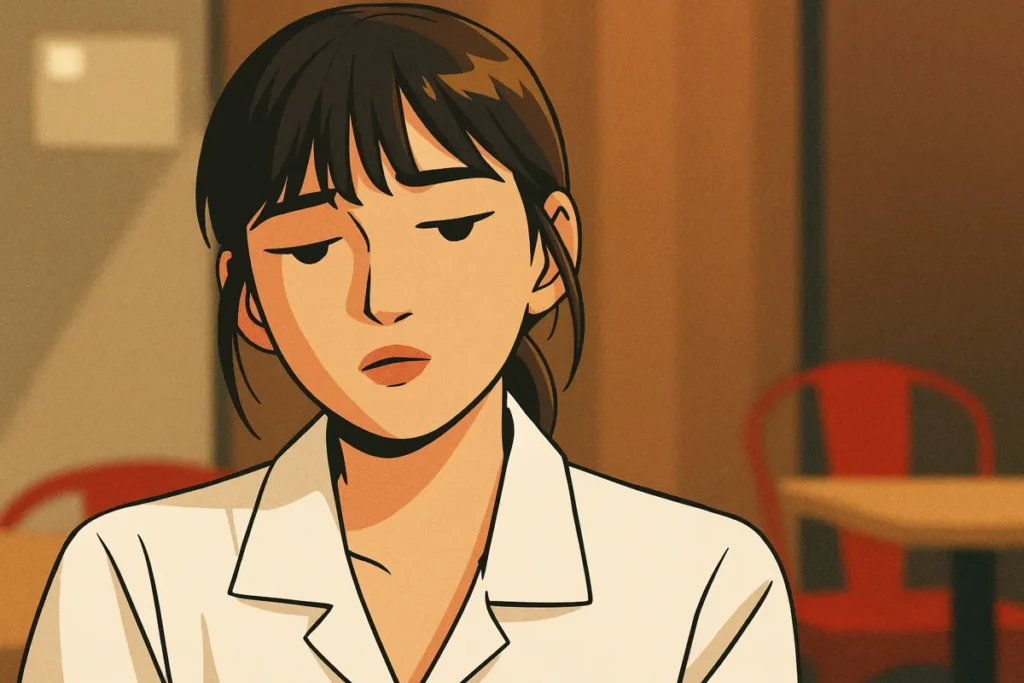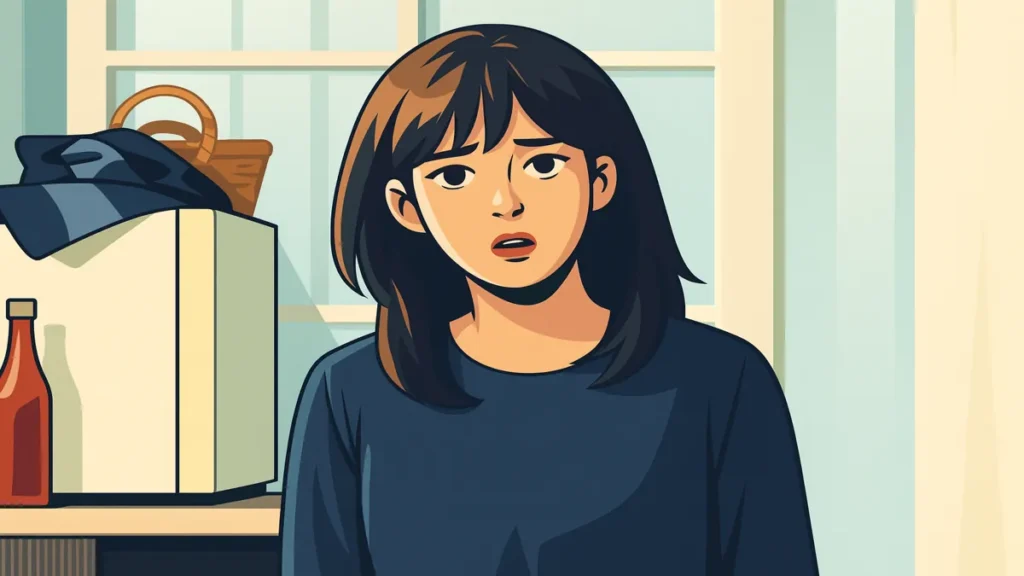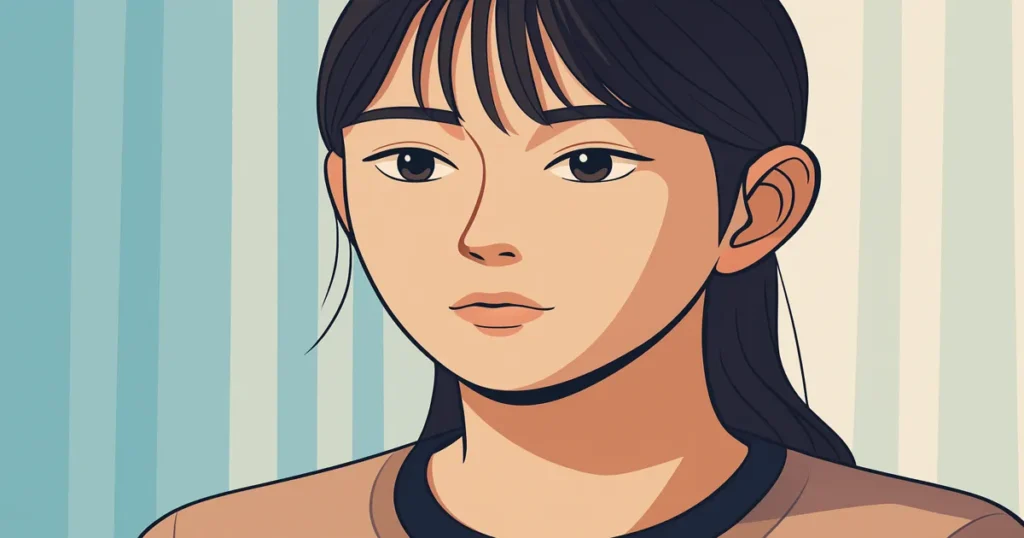Learn Korean Through Noir K-Drama Dialogue: Mercy for None – Funeral Scene Explained
Learn Korean through a tense funeral scene from the noir K-drama “Mercy for None.” Hear lines like “성철아,” decode honorifics vs. casual speech, and pick up vivid slang such as “깍듯하게 인사를 박다” and “ㅈ됨을 감지하다.” Quick video, precise grammar breakdowns, and culture notes on Korean funeral etiquette.
Learn Korean Through Noir K-Drama Dialogue: Mercy for None – Funeral Scene Explained Read More »






